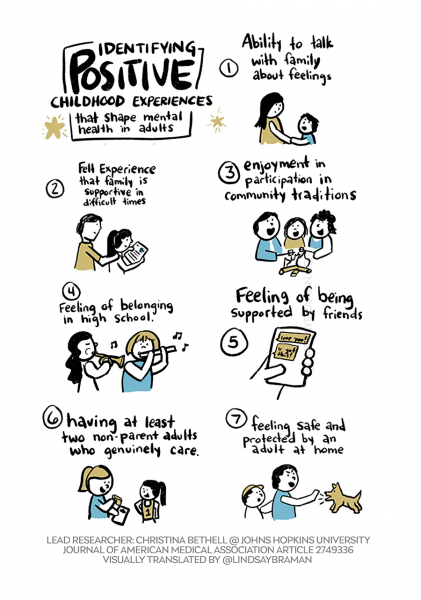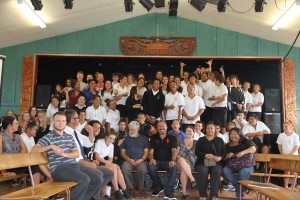This post highlights a relatively new Dutch initiative that works to promote a helpful way of thinking about experiences of psychosis. The team at Engage Aotearoa recently stumbled across it on Facebook and thought it was full of information others might like to consider – either in their own recovery or in their efforts to support others seeking recovery.
Jim van Os and others have created a website, manifesto and set of audio-visual ‘explanimations’ to help people understand psychotic experiences in a way that allows for meaning-making and hope for recovery.
Much of the website is in Dutch, but an English-language version of the core resources on the “Schizophrenia Doesn’t Exist” website is available. It’s a provocative title, but the project creators do not mean to say that extreme experiences like hallucinations and delusions do not exist.
If you are not much for reading, you can watch Jim van Os’s TED Talk and get it all in a 15-minute nutshell or explore the 2-minute ‘explanimations‘ about psychosis and recovery on the website.
Visit the Schizophrenia Doesn’t Exist English-language webpage to find everything in one place.
The Manifesto outlines “14 Principles for Good Care of Psychosis”. The first 7 principles address current thinking that frames psychosis as a brain disorder called schizophrenia and set out evidence for an alternative – Psychosis Spectrum Syndrome or PSS. The final 7 principles set out a vision for recovery-based practice, these state…
“8: To recover from PSS, a person must be offered hope and perspective from the very first moment. Recovery is a psychological process. It is a process of learning to adapt and develop a new perspective. With support from people with lived experience of psychosis and, where necessary, from doctors and therapists who support the process of recovery.
9: Every person with PSS should have access to a person with lived experience of psychosis from the earliest phase of treatment. A person with lived experience is in a unique position to offer perspective and hope (‘I was able to recover as well’).
10: The primary goal of treatment is return to the person’s environment, education and/or work. Education and work are prerequisites for recovery: even if residual symptoms remain, people can start picking up where they left off. The practice to wait for full recovery is counterproductive.
11: Anyone who enters the mental health system with PSS should be encouraged to talk about their psychosis. The content of the psychosis should be seen as meaningful, and may represent the key to underlying issues.
12: Psycho-education should not introduce an unproven biomedical model of brain disease as a central theme.
13: Anyone who suffers from psychosis should have access to psychotherapy by an experienced therapist.
14: Antipsychotics may be necessary to reduce psychosis but do not correct an underlying biological abnormality. Antipsychotics are no cure. Much more attention is required for individual dose optimisation to reach the lowest possible dose and to avoid irrational polypharmacy.
Schizophrenia does not exist, which is a good thing.
Because much can be done about PSS.”
~ Quoted from, Manifesto: 14 Principles for Good Care of Psychosis. Schizophrenia Does Not Exist website, 12 July 2015.








